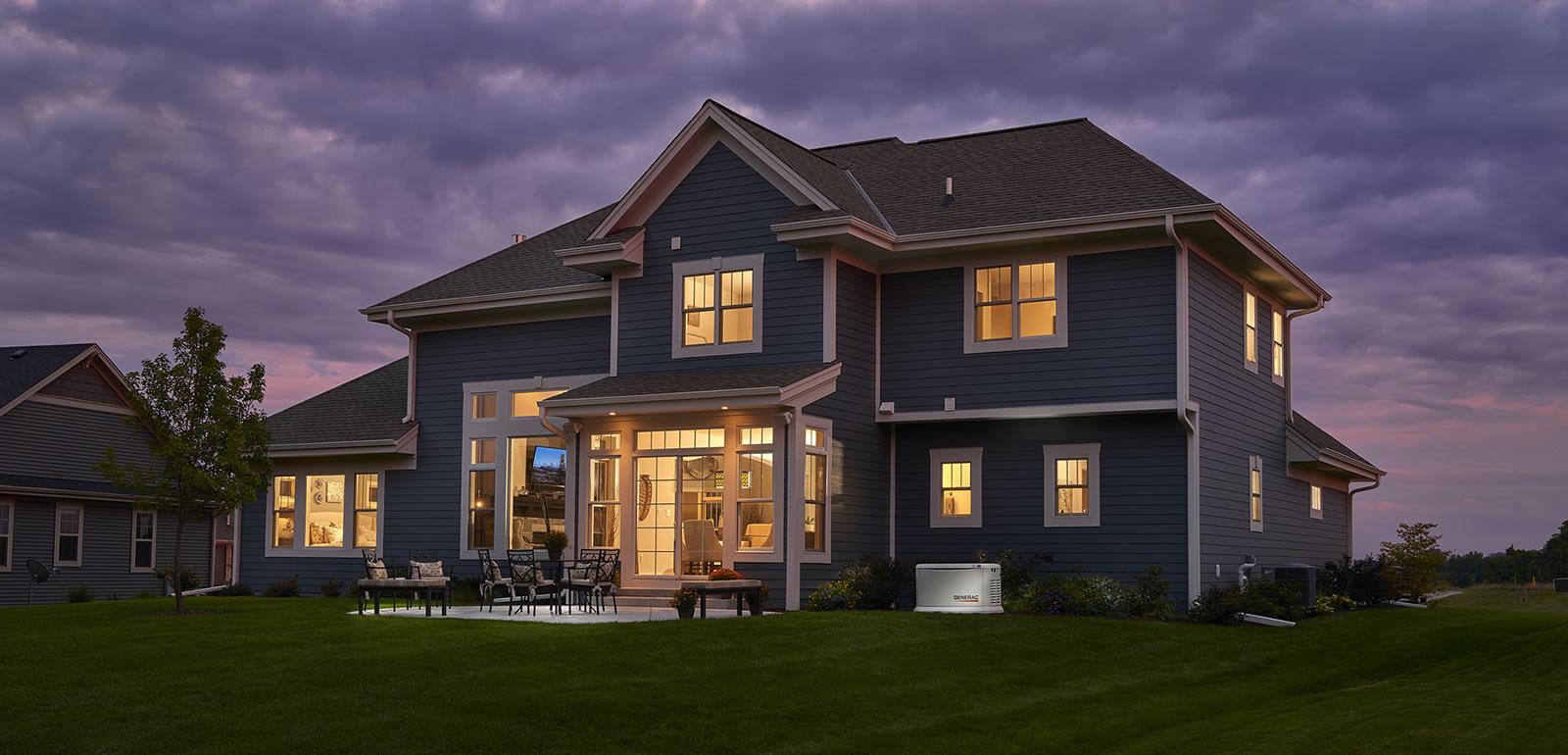Face it — those needing an emergency generator repair are not having the best of days.
Chances are great that they are in the throes of or the immediate aftermath of a natural disaster or serious weather event. They need their power restored, and as quickly as possible.
The problem is that in the wake of such unfortunate events — heavy blizzards, tornadoes, hurricanes, etc. — the local power grid may not be repaired in hours. In fact, for nonessential businesses and residential homes, repairs might take days, weeks, or even months if the event was cataclysmic.
What to Expect When the Grid Goes Down
After catastrophic weather or another adverse event in your area occurs, immediately before and just after, the laws of supply and demand apply. You can and should expect business owners and residents to rush out to buy up every available generator in the region so they can have their own power sources.
This makes it difficult for those who cannot find one to purchase. Ideally, the time to install your emergency generator is when the weather is fine and fair and there is no pressing need.
But I Have a Generator! It’s Just Not Working
Few things in life are as useless as a nonworking emergency generator. Scheduling an emergency generator repair during chaotic times in your region may present quite a challenge.
That’s why we at Virginia Power Solutions encourage customers to select a maintenance plan that includes 24-hour service when they purchase their generators. Below are the basic steps to installing an emergency generator so you will be prepared no matter what life tosses your way.
Determine Your Power Supply Needs
If you live alone and only require limited access to power for a couple of major appliances and one or two rooms, you might do very well with a simple gas-powered portable generator. These are nice to have because you can use them for nonemergency purposes like camping trips since they are lightweight and easy to transport.
But if you want to power an entire home for a large family, you likely want to invest in an outdoor home generator that runs on either natural gas or propane.
Do Your Homework
If you choose a home generator, you need to determine what the local and state requirements are for generators. For instance, if you live in an HOA-controlled community, they might have very strict rules about the location of your generator, its emissions, and noise output.
Determining these restrictions now before you arrange for an emergency generator installation will save you money, time, and quite a bit of frustration in the future.
Generator Installations Are Jobs for Professionals
There generally will be few serious problems if you get your brother-in-law to build your back deck or install an extra window in the kitchen. However, if a generator is installed wrong, people could die.
Just as you should hire a licensed electrician to wire the extension you are building onto your house, you should hire a professional generator installer for this important job. You don’t want to skimp on safety when it is your and your loved ones’ and neighbors’ lives that could be at stake.
Your Installer Must Manage Two Power Supplies
A professional generator installer is fully qualified to safely manage both the electrical and gas supplies to your home. Because both will need to be down during the installation process, whenever possible, schedule the installation during a time when there will be no urgent household need for a power source, e.g., not during dinner preparation times.
Prepare the Surface Area First
Most outdoor generator installations are not done on the ground itself. Over time, the ground can settle and create operating problems. Ground-burrowing insects and animals can build colonies and nests under and around the base that can also interfere with its operation.
Homeowners can arrange for a frame to be filled with pea gravel, oyster shells, or any other hard surface material. But the best and most permanent solution is to pour a cement slab for your outdoor emergency generator to rest upon.
The Money You Spend Becomes Money You Later Save
It is a major expense to purchase and install an outdoor generator for your home. But it is a worthwhile investment that automatically increases the value of your home post-installation. You can ask about financing options for your purchase as well.
You also will never again have to worry about losing a freezer full of meat and other groceries when the power goes out. You won’t be sitting in line for hours at the local gas station waiting to fill your gas cans to run your portable genny a few more hours in the hot summer.
Instead, when others are panicking and seeking power solutions, you will be inside your comfortable home enjoying all the benefits that your emergency home generator offers.



